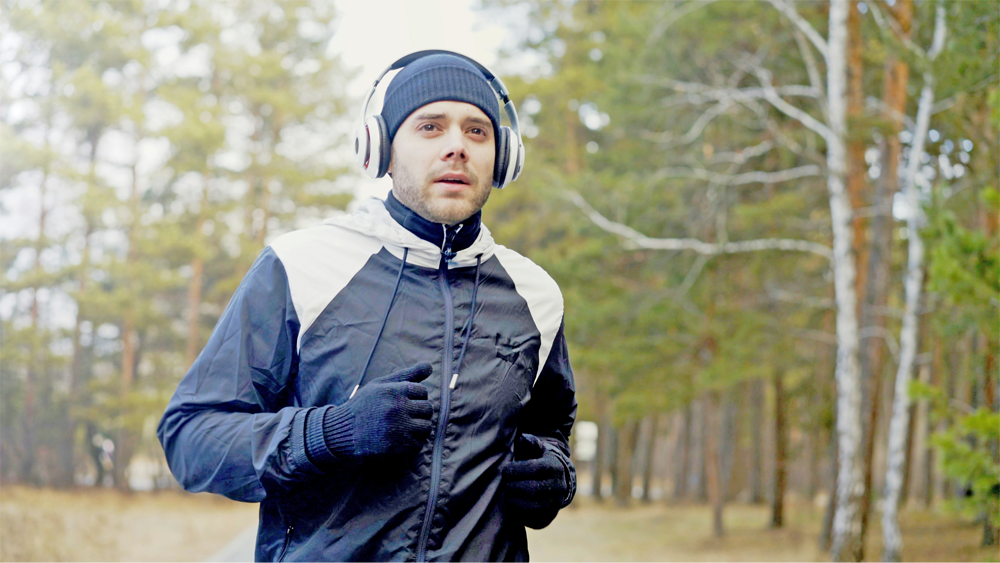All summer long, your asthma felt like a distant memory. Your inhaler might have even been gathering dust in a drawer somewhere. But then the first real cold snap arrives. You step outside and suddenly it feels like you’re struggling to pull air through a cocktail straw.
If this sounds familiar, you’re not alone. The seasonal shift from summer to fall can feel like a switch has been flipped on your asthma symptoms. So what gives? Why does cold air make breathing harder, and why does it often feel like your asthma gets worse in winter?
Winter doesn’t just change the scenery; it changes how your lungs work. Cold, dry air acts like a shock to your airways, the delicate passages that carry air in and out of your lungs. And for the nearly 28 million Americans living with asthma, those airways are already in a state of heightened sensitivity and mild inflammation.
When that cold, dry air hits, it can trigger a cascade of reactions, leading to the cold weather asthma symptoms you know all too well. It’s a frustrating and often frightening experience, and one that can leave you feeling sidelined while the rest of the world embraces the season. But it doesn’t have to be this way. Understanding the triggers is the first step toward taking back control.



